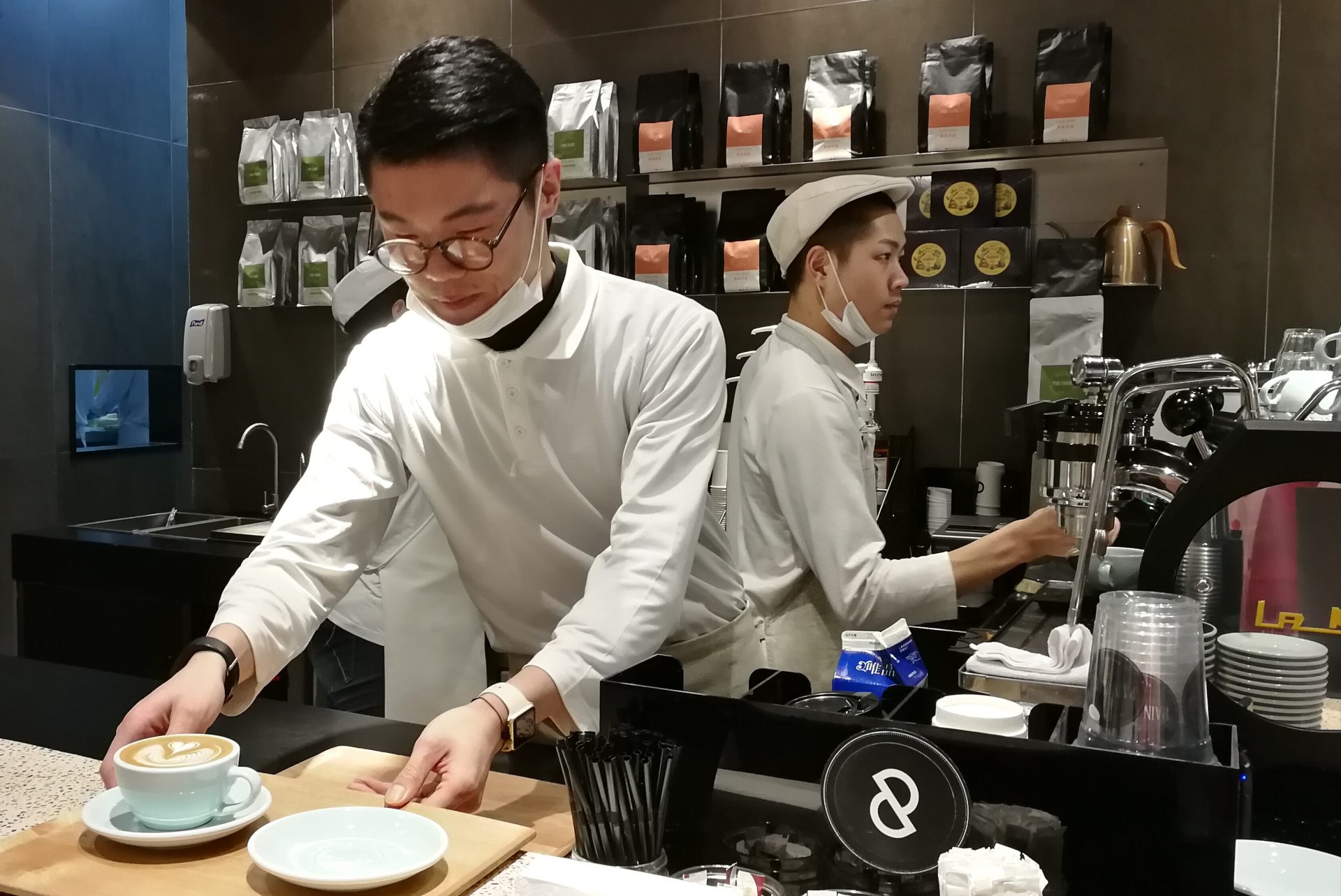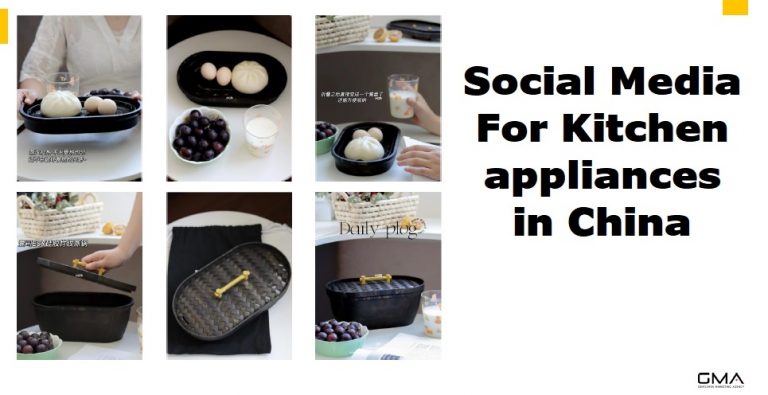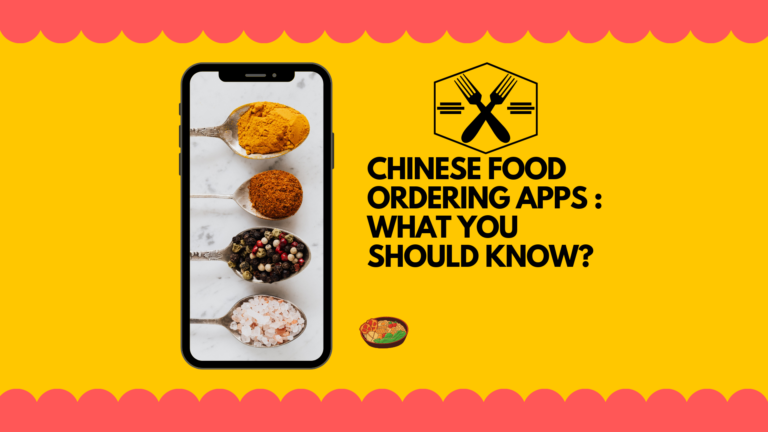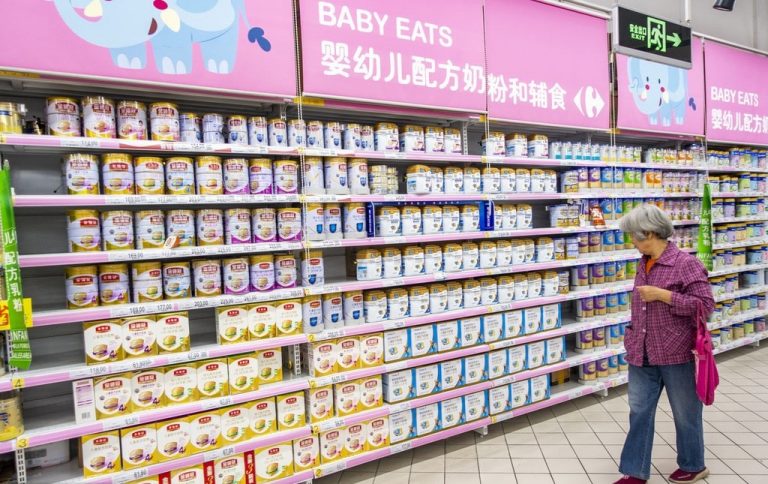Over the last 15 years, western and local franchise brands have developed a lot in China. According to the China Chain Store and Franchise Association (CCFA), the investors are most optimistic about the coffee and beverage brand franchise business considering them as a sector with rosy prospects.
Need a cost effective TP (Tmall Partner) to sell in China?
We are an Official Tmall Partner e-commerce Agency. Our Services: E-Commerce, Search Engine Optimization, Advertising, Weibo, WeChat, WeChat Store & PR.
In 2024, the coffee and tea franchise market in China is experiencing several significant trends:
- Western Coffee Brands’ Popularity: Western coffee brands are highly regarded for their quality and are preferred over local Chinese products, especially since coffee is not traditionally cultivated in China. The western know-how about coffee culture is well-recognized across the country.
- Rising Middle Class: The expansion of China’s middle class is driving the growth of coffee franchises. The willingness of consumers to pay premium prices for coffee drinks signifies a shift from traditional low-end consumption to a more quality-focused approach.
- Increased Coffee Consumption: Coffee consumption in China is growing rapidly, particularly among the younger, white-collar demographic aged 20 to 40 years, living in top-tier cities. These consumers are mostly educated, have high disposable income, and are open to new experiences, including trying out new cafés and ways of drinking coffee.
- Preference for Instant Coffee: Instant coffee is highly popular in China, accounting for a significant portion of the coffee consumption. This preference is attributed to its affordability and convenience, especially among the younger generation who are always on the go.
- Growth in Drip Coffee Bags Sales: There has been an increase in sales of drip coffee bags, which offer easy brewing and quality, making them popular among consumers who are pressed for time.
- On-Demand Coffee Apps: The use of mobile apps for ordering coffee is gaining traction. Brands like Luckin Coffee and Starbucks have successfully leveraged technology to provide a convenient and seamless buying experience through app-based ordering systems and partnerships with local food delivery platforms.
- Ready-to-Drink Coffee Segment Growth: The ready-to-drink (RTD) coffee market is expanding rapidly, with major players like Costa Coffee and Nestlé introducing various RTD coffee products. This market segment is expected to continue growing, catering to the demand for pre-packaged drinks.
China has represented one of the world’s fastest-growing coffee markets instead of tea is consistently losing ground to coffee. According to data from the International Coffee Organization bases in London, consumption has been growing at an average annual rate of 16 percent over the past 10 years, driven by the increased presence of coffee shops in urban areas.
Chinese consumers like this way of life
Why the western coffee brand is so hot (you can take a look at the article about high-end coffee in China here). The foreign brand has better reliability than products made in China. Especially for the coffee that isn’t a product cultivated in China. Moreover, the western know-how about the culture of coffee is well-known around China.
Some Chinese consumers also want to get away from low-end consumption and search for a better way to consume. The coffee from the western is known for using good quality the product. Even if it can be sometimes very sweet, they think that it is not like a bad quality product like what is made in China.
Chinese customers tend to be more comfortable sitting in a more private space drinking coffee. It is good to manage a smart way of arranging tables and chairs so that every customer will feel more at ease.
Why is the business running well?
China has the largest middle class in the world and this trend is keeping raising.
Starbucks opened its first shop in Beijing in 1999 and has roughly 450 stores in China nowadays. For Chinese people that consume a beverage spending traditionally about 10- 20 yuan when a coffee shop like Starbucks enter the market and made the price around 30 yuan a drink, 20 yuan a cake, it was kinda hard to accept.
Sometimes it is a young adult or executive officer that tries it first, and it becomes more and more a habit. Business people and young professionals are likely to be the most receptive to new ideas and connections. Then when it is getting well-known by the others, more and more people join the trends and the business runs by itself. They also want to show to others their “healthy” way of life, and what they just buy, that is why the sharing power is so high in China. It contributes to the promotion brand and they are using it. The price is also justified by this premium service. The presence of a coffee shop represents also a very good urban landscape.
There is some beverage shop called WANGHONGDIAN in China, which became famous on the internet. People are plentiful to go to try it and mainly share it. Like the brand 喜茶 XICHA in China, it’s a new chain brand that opens, and to get a drink you must at least line up for one hour. But there are still people in it.
What you should be careful in China in 2024?
- Diversity of the Chinese market
China has a lot of markets. What is running well in one place is not gonna be the same in another place. Due to its very large territory, the taste of each city isn’t the same. The offer must be adapted to different markets.
The brand Costa coffee, indifference from Starbucks coffee which standardizes all the stuff, choose to make a strong analysis and adapt its products to the local market. Costa joined the localization strategy by adding iced green tea to stores in southern China and more kinds of hot beverages in northern China.
- Caring appearance
In China, the appearance of the product and of the brand image can really make a difference in the competition. For example, many coffee shops add some drawing on their coffee (Latte Art). Some video is made about how they did it.
- Employees’ formation.
The level of service formation in China is not as good and hiring bad employees can definitely be a threat to the brand image. For example, in some Starbucks in China, employees just don’t know to tell the composition of a drink. But however, it’s good to drink so people don’t very matter about the product as long as it is satisfied. As soon as a little inconvenience be learned, the thing is gonna turn to another way.
Despite the lack of perfection about some beverage business in China, the market is still growing up and have many opportunities to explore. In order to profit from this growth you should call Gentlemen Marketing Agency, our agency is specialized in the Chinese market and its consumers. Our team with high knowledge of the running and trends in China can help you with your project development in China.
Read also :
Do you need a partner in China to help you develop your Franchise and find investors ?
You can contact us
Gentlemen Marketing Agency (GMA) is a ROIst Agency in the field of digital marketing in China
- Multinational Presence and Expertise: GMA is a digital marketing company that operates globally with a strong focus on the Chinese digital market.
- Specialization in China’s Digital Marketing: The agency specializes in providing a comprehensive range of digital marketing solutions. This includes market consulting and research, brand positioning, material production, e-commerce operations, social media marketing, public relations, advertising placement, celebrity endorsements, influencer marketing, and offline exhibitions. Their approach is comprehensive, covering various aspects of digital marketing to help foreign companies successfully enter and thrive in the Chinese market.
- Founders’ Background and Vision: GMA was founded by Olivier Verot and Philip Qian, who bring their rich experience and passion for China’s marketing landscape to the agency. They have a deep understanding of the needs of European companies and Chinese customers, enabling them to offer services that meet the demands of the market while being suitable for the Chinese context.
- Catering to a Diverse Clientele: The agency works with both big companies and small, beautiful brands, offering cost-effective solutions tailored to each client’s needs. Their client base is quite diverse, ranging from start-ups to multinational corporations.
- Focus on Performance and Results: As a digital performance agency, GMA is committed to delivering results based on specific key performance indicators (KPIs). They emphasize results in their marketing efforts, ensuring clients receive a tangible return on their investment.












How to Develop a Franchise in China? It is your expertise?